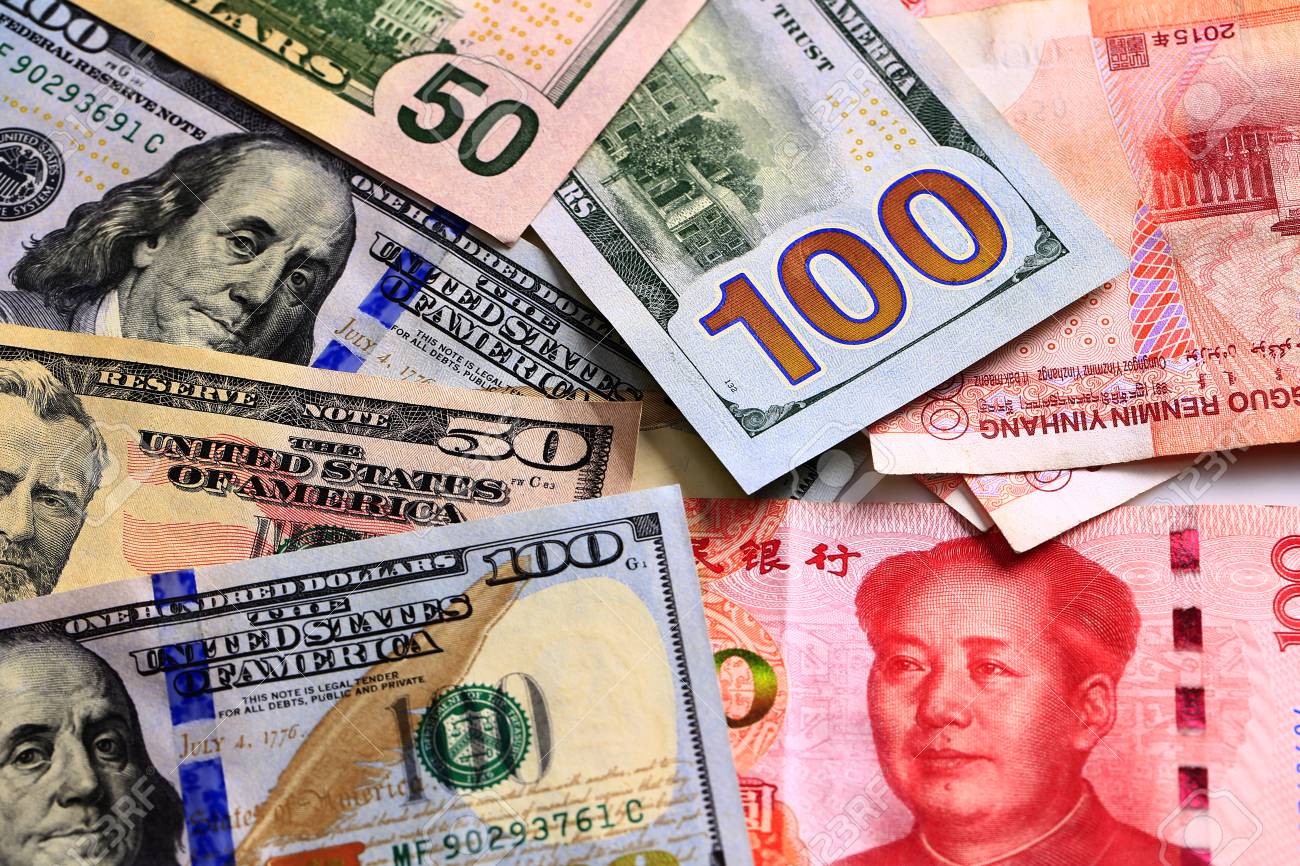US President Donald Trump recently announced an increase in tariffs on Chinese imports to 125%. The latest round of tariffs targets a wide range of goods, including electronics, home appliances, textiles, and raw industrial materials, dealing a heavy blow to China’s already strained export sector. Analysts warn that China’s domestic economy is likely to suffer another wave of shock, while the effectiveness of Beijing’s retaliatory and stimulus policies remains uncertain.
Export Orders Plummet as Factories Scale Back
Export-heavy regions such as the Pearl River Delta and the Yangtze River Delta are among the hardest hit. Many companies relying on the US market are experiencing order cancellations and price renegotiations. In some industrial zones, mass layoffs have been reported, with certain manufacturers halting production altogether.
A factory owner in southern China told HKCitizen.net: “Our clients are asking for fresh quotes. Some have already shifted orders to Vietnam or Mexico. We understand – with 125% tariffs, we simply can’t compete.”
Rising Cost of Living Amid RMB Devaluation
As the renminbi weakens and the price of imported raw materials surges, inflationary pressure is mounting across China. Citizens have reported noticeable price increases in daily essentials, medication, and consumer electronics.
According to a recent report by the Chinese Academy of Social Sciences, tariffs not only disrupt exports and employment, but also erode consumer confidence by driving up production costs – posing a challenge to Beijing’s “internal circulation” strategy.
Beijing’s Countermeasures and Stimulus Plans Show Limited Impact
In response, the Chinese Ministry of Commerce announced retaliatory tariffs of up to 84% on USD 143 billion worth of American goods and imposed export restrictions on key strategic minerals such as tungsten, molybdenum and tellurium. However, analysts note that the retaliatory measures are largely symbolic, with little practical impact on Washington’s policy trajectory.
Beijing has also introduced fiscal stimulus measures, including an increased budget deficit, expanded infrastructure investment, and consumer spending incentives. Yet, experts argue that the combined weight of weak global demand and mounting domestic debt will likely limit the effectiveness of such interventions.
Everyday Adjustments: Citizens Adapt to Economic Pressure
Amid growing economic strain, many Chinese residents are adjusting their lifestyles. In major cities, demand for low-cost goods is on the rise. Domestic e-commerce platforms have begun promoting “Buy Chinese” campaigns to encourage consumption of local products while discouraging non-essential spending.
Meanwhile, competition in the job market is intensifying. Workers from export and manufacturing sectors are pivoting to emerging industries such as delivery logistics, livestream marketing, and short-video content creation. Some are relocating to smaller towns or returning to their hometowns to start businesses.
‘Made in China’ – With a Dash of British Humour
Faced with rising prices and economic uncertainty, some Chinese citizens are coping with a dose of dry humour. A viral post reads: “Life may be tough, but at least I’m no longer stressed about how fast the next iPhone launches – I can’t afford it anyway.”
Others quip that they’ve entered the “New Era Survival Trinity”: tofu, plain rice, and whichever washing powder is cheapest on the shopping app. One comment sarcastically observed: “Patriotism doesn’t have to come at the expense of quality of life – but evidently, ours does.”
A young office worker in Shanghai posted: “After the company laid us off, I successfully transitioned from ‘mid-level management’ to ‘high-efficiency domestic observer’ – otherwise known as unemployed. At least my sofa is still made in China. Very patriotic to sit on.”
This uniquely British-style self-deprecating humour has unexpectedly become a psychological outlet for many – offering relief, however fleeting, from the economic pressure. As uncertainty looms, laughter may well be the most resilient coping mechanism.
Conclusion: Prolonged Tensions May Prompt Strategic Rethink
With US-China trade tensions showing no signs of abating, industry experts forecast a prolonged disruption. China may need to reconsider the long-term sustainability of its export-driven growth model and accelerate structural reforms to strengthen domestic demand. For ordinary citizens, however, mounting economic pressure is fast becoming the new normal.




